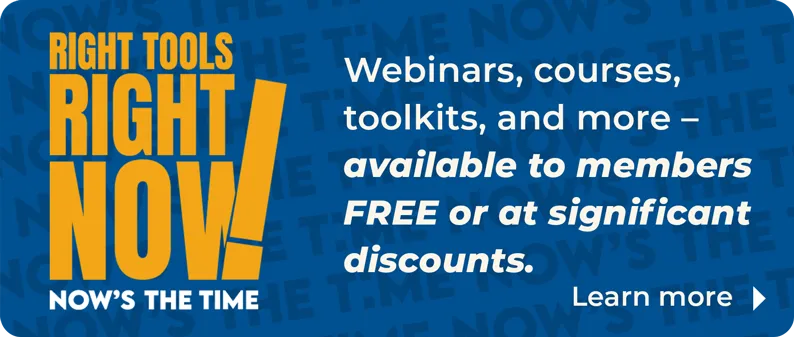RESPA claims continue to address two issues: (1) the sufficiency of the allegations asserting a RESPA violation; and (2) whether a claim is barred by the statute of limitations. There was an additional RESPA claim against Quicken loans which alleged the company was charging unreasonable attorney fees to file reaffirmation forms. A motion to dismiss the claim by Quicken was denied.
1. In re Zillow Group, Inc. Securities Litig., Fed. Sec. L. Rep. P 100,284, No. C17-1387-JCC, 2018 WL 4735711 (W.D. Wash. Oct. 2, 2018)
Claim against Zillow for RESPA violation dismissed for failing to establish particularized facts in the complaint.
In 2013, Zillow created an advertising product known as the “co-marketing program.” Essentially, the program allows participating mortgage lenders to pay a percentage of a real estate representative’s advertising costs directly to Zillow in exchange for appearing on the representative’s listings and receiving some of the representative’s leads. Prior to 2017, an individual lender could pay up to 50% of a co-marketing representative’s advertising costs, while up to five lenders could collectively pay 90% (this percentage decreased to 50% after 2017). When a single lender co-markets with a representative, that lender appears on all of the representative’s listings. However, when multiple lenders co-market with a single real estate representative, each lender is randomly shown on the representative’s listings in accordance with the lender’s pro-rata contribution of the representative’s overall advertising spend.
Plaintiffs allege that Zillow created the co-marketing program to allow real estate representatives to steer prospective home Buyers to mortgage lenders, in exchange for the lenders paying a portion of the advertising costs to Zillow. The District Court granted Zillow’s motion to dismiss the claim as particularized facts were not established demonstrating that co-marketing representatives were actually providing unlawful referrals to lenders. Dismissed without prejudice allowing opportunity for an amended complaint in the future.
2. Bakko v. Quicken Loans, Inc., No. 18-1566, 2018 WL 6529495 (D. Minn. Dec. 12, 2018)
Quicken Loans’ motion to dismiss RESPA claim denied. Mortgagors contend Quicken charged unreasonable attorney’s fees to file reaffirmation agreement.
Owners filed for Chapter 7 bankruptcy. At the time of the bankruptcy filing, both Owners owed a mortgage loan serviced by Quicken Loans. Owners signed a reaffirmation agreement for the mortgage loan in bankruptcy. Following the filing of this agreement, Quicken charged $125 in attorney’s fees to Owners’ loan for what it described as “Bankruptcy – Reaffirmation Agreement.” Owners claimed that a reaffirmation agreement is a simple document found online that requires no filing fee and is routinely filed in bankruptcy cases. Because of this, Owners claimed that the $125 attorney fee that Quicken charges to file the reaffirmation form is unreasonable.
Owners claimed that Quicken violated RESPA, 12 U.S.C. § 2605, by not removing and refunding the $125 attorney’s fee charge for the completion of the reaffirmation agreement. Owners also claimed that Quicken engaged in a pattern or practice of charging unauthorized unreasonable fees by charging other consumers attorney’s fees for the preparation of a reaffirmation agreement. Quicken filed a motion to dismiss the claims which the District Court denied.
B. Statutes and Regulations
No statutory or regulatory changes relating to RESPA were located.
C. Volume of Materials Retrieved
RESPA issues were identified 27 times in 19 cases (see Table 1). Consistent with last year, the cases overwhelmingly involved kickbacks, but also addressed affiliated business arrangements (see Table 2). Two statutes addressing RESPA issues were retrieved this year.








